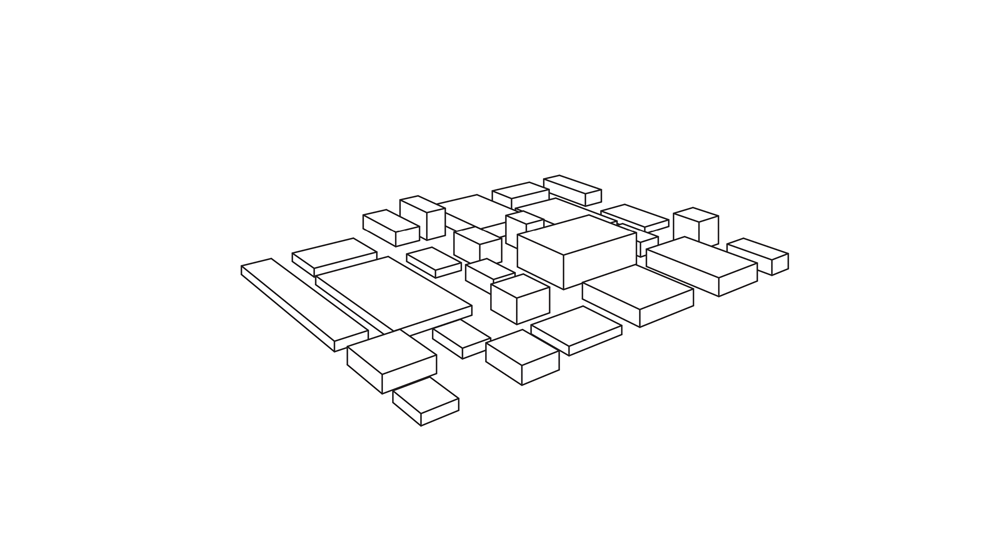Soliya offers the opportunity for semester-long dialogue on important issues
This is a powerful program to know about-- wonder how we might find a connection to the discussions in 2020 in the Networked Narratives class? (and showing how we might use tags across articles)

